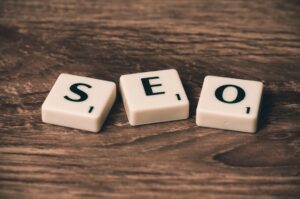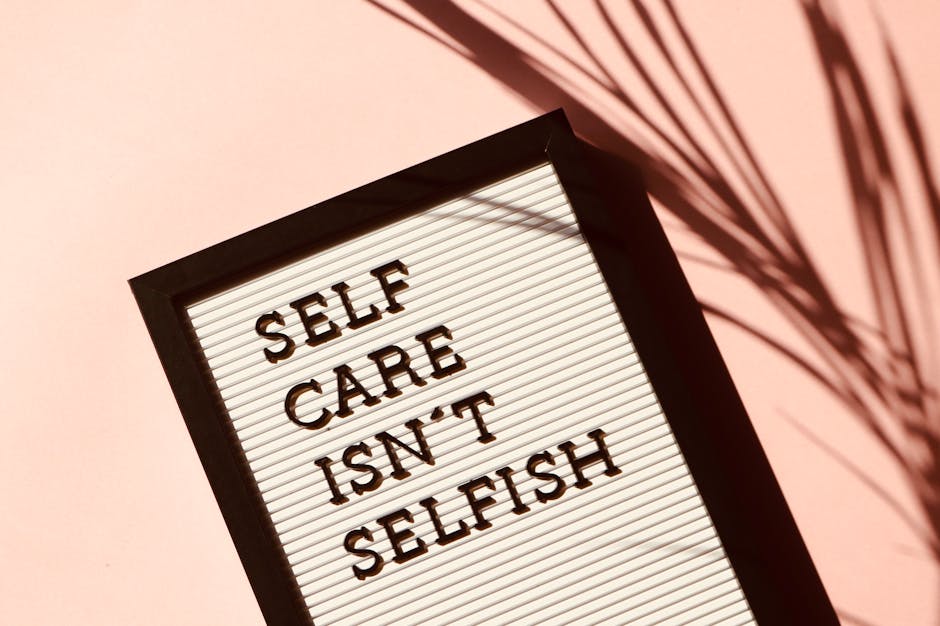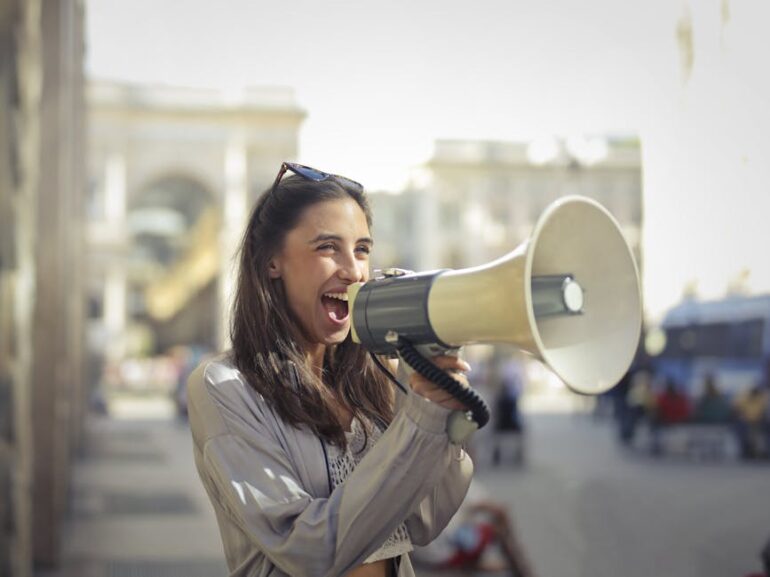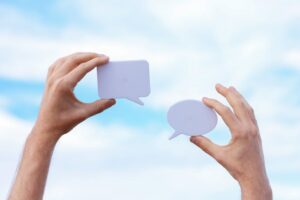Did you know that studies suggest teenagers spend an average of nine hours a day on social media? That’s almost as much time as they spend sleeping! But is all that scrolling and liking good for their minds? Or for anyone’s mind, for that matter? The truth is, social media‘s effect on mental health is a complex issue, and it’s important to understand the potential upsides and downsides. This blog post will break down how these platforms can impact your well-being and provide practical tips for navigating the digital world in a healthier way.
Navigating the Social Media Maze: Understanding the Impact on Mental Wellbeing
Social media is a powerful tool, connecting us with friends, family, and communities across the globe. However, it’s essential to understand how it can affect our mental health. Let’s explore the key aspects of this relationship.
The Bright Side: How Social Media Can Benefit Your Mind
Believe it or not, social media isn’t all bad news. There are some real benefits to using these platforms. For example, many people find support and connection in online communities centered around shared interests or experiences.
Building Connections and Community: Connecting with people who share your hobbies, passions, or even struggles can create a sense of belonging and reduce feelings of loneliness.
Staying Informed and Engaged:Social media can be a valuable source of news, information, and diverse perspectives. It can also facilitate engagement with social and political causes.
Expressing Creativity and Finding Inspiration: Platforms like Instagram and TikTok allow individuals to express themselves creatively and discover new ideas and inspiration.
Accessing Mental Health Resources: Many organizations and professionals use social media to provide mental health resources, support, and information.
The Dark Side: Potential Risks to Your Mental Health
While there are benefits, it’s crucial to acknowledge the potential downsides of social media on your mental health.
Comparison and Insecurity: Constantly seeing curated and often unrealistic portrayals of others’ lives can lead to feelings of inadequacy, envy, and low self-esteem.
Cyberbullying and Online Harassment:Social media can be a breeding ground for cyberbullying and online harassment, which can have devastating effects on mental health.
Addiction and Time Management: The addictive nature of social media can lead to excessive use, impacting sleep, productivity, and real-life relationships. I remember when I first got on Instagram, I spent hours just scrolling, comparing myself to others, and it definitely affected my mood and confidence.
Fear of Missing Out (FOMO): Seeing others’ seemingly exciting experiences can trigger FOMO, leading to anxiety and dissatisfaction with one’s own life.
Exposure to Negative Content: Constant exposure to negative news, violence, and hateful content can contribute to stress, anxiety, and depression.
Practical Strategies for Healthier Social Media Habits
Okay, so how can we make social media work for us instead of against us? Here are some actionable strategies:
1. Set Time Limits: Use built-in features on your phone or apps to limit your daily social media use.
2. Curate Your Feed: Unfollow accounts that make you feel bad about yourself or promote unrealistic standards. Follow accounts that inspire, uplift, and educate you.
3. Practice Mindful Scrolling: Be present and aware of your emotions while using social media. Ask yourself how it makes you feel.
4. Take Breaks: Regularly disconnect from social media to focus on real-life activities, relationships, and self-care.
5. Engage in Real-Life Activities: Prioritize spending time with friends and family, pursuing hobbies, and engaging in activities that bring you joy and fulfillment.
6. Be Mindful of Your Privacy: Adjust your privacy settings to control who can see your posts and information.
Common Mistakes to Avoid
Here are some common pitfalls to watch out for:
Comparing Yourself to Others: Remember that what you see online is often a curated highlight reel, not the full picture.
Seeking Validation Through Likes: Don’t tie your self-worth to the number of likes or comments you receive.
Ignoring Your Feelings: Pay attention to how social media makes you feel and adjust your usage accordingly.
Falling for Misinformation: Be critical of the information you encounter online and verify it with reliable sources.
Tools to Help You Manage Your Social Media Use
Several apps and tools can help you manage your social media use and promote digital well-being:
Forest: This app helps you stay focused by planting a virtual tree that grows while you avoid using your phone.
Freedom: This app blocks distracting websites and apps, allowing you to focus on work or other tasks.
Digital Wellbeing (Android) & Screen Time (iOS): These built-in features allow you to track your social media usage and set time limits.
Expert Insights on Social Media and Mental Wellbeing
“Social media can be a powerful tool for connection and community, but it’s important to be mindful of its potential impact on mental health,” says Dr. Anna Riley, a clinical psychologist specializing in social media‘s impact on adolescent mental health. “Setting boundaries, curating your feed, and prioritizing real-life connections are crucial for maintaining a healthy balance.”
For example, recent research from the Pew Research Center highlights the nuanced relationship between teens and social media: Pew Research Center Internet & Technology. Additionally, the American Psychological Association offers guidelines for managing social media use: American Psychological Association.
Key Takeaways
Social media has both positive and negative effects on mental health.
Mindful usage, setting boundaries, and prioritizing real-life connections are essential.
Tools and strategies exist to help you manage your social media use.
Seeking professional help is crucial if you’re struggling with the negative impacts of social media.
Frequently Asked Questions (FAQs)
How does social media affect mental health?Social media can affect mental health in various ways, both positively and negatively. Positively, it can foster connection and community. Negatively, it can contribute to feelings of comparison, anxiety, and depression.
What are the signs that social media is negatively impacting my mental health?
Signs include feeling anxious or depressed after using social media, constantly comparing yourself to others, feeling addicted to checking your phone, and neglecting real-life relationships.
How can I reduce the negative impact of social media on my mental health?
You can reduce the negative impact by setting time limits, curating your feed, practicing mindful scrolling, and prioritizing real-life activities.
Is it okay to take a break from social media?
Yes! Taking a break from social media, also known as a digital detox, can be incredibly beneficial for your mental health.
Navigating the world of social media requires awareness, intention, and a commitment to prioritizing your mental health. Be mindful of how these platforms affect you, and don’t be afraid to adjust your usage accordingly. You have the power to create a healthier relationship with social media!
What are your thoughts on social media and its impact on your life? Share your experiences and tips in the comments below! Click here to read more about the effects of cyberbullying and ways to prevent it.

















